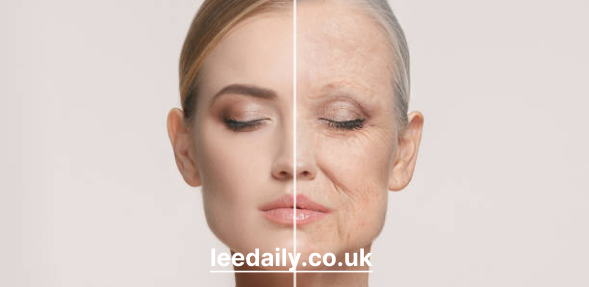Beauty is a complex and subjective concept, often discussed through various lenses and scales. One such concept is the “Pretty Scale,” a term used to describe the range and perception of beauty. In this blog post, we’ll delve into what the Pretty Scale is, how it influences our understanding of beauty, and the factors that play a role in shaping our perceptions.
Read more Discover the Wonders of BBC Earth Experience: A Journey Through Nature
What is the Pretty Scale?
The Pretty Scale is a conceptual tool used to gauge and describe the attractiveness or beauty of individuals, objects, or ideas. It’s important to note that this scale is highly subjective and influenced by a variety of factors, including cultural norms, personal preferences, and societal standards.
Key Aspects:
- Subjective Nature: The Pretty Scale varies greatly from person to person and culture to culture.
- Cultural Influence: Different cultures have distinct beauty standards that shape how attractiveness is perceived.
- Personal Preferences: Individual tastes and experiences play a significant role in how beauty is assessed.
Factors Influencing the Pretty Scale
**1. Facial Symmetry
Facial symmetry is often highlighted in discussions about beauty. Studies have shown that symmetrical features are generally perceived as more attractive. However, this is just one of many factors that contribute to the overall perception of beauty.
**2. Cultural Trends
Beauty standards are not static and can change over time. Cultural trends, media portrayals, and fashion influences can shift what is considered beautiful. What is trendy today may not be the same tomorrow.
**3. Personal Preferences
Everyone has unique tastes when it comes to beauty. Personal preferences are shaped by individual experiences, background, and exposure to different cultural influences.
**4. Confidence and Charisma
Confidence and personality can significantly enhance attractiveness. A person who exudes self-assurance and charisma often leaves a lasting impression, transcending mere physical appearance.
How the Pretty Scale Affects Self-Perception
**1. Impact on Self-Esteem
The Pretty Scale can influence self-esteem, especially when individuals compare themselves to societal beauty standards. Media portrayals and cultural ideals can affect how people view their own appearance.
**2. Embracing Diversity
Recognizing that beauty is diverse and subjective can help improve self-perception. Embracing one’s unique qualities and rejecting rigid beauty standards can lead to a healthier self-image.
**3. Positive Affirmations
Using positive affirmations and focusing on personal strengths can boost self-esteem and help individuals feel more confident about their appearance.
FAQs About the Pretty Scale
Q: Is the Pretty Scale universally accepted?
A: No, the Pretty Scale is not universally accepted. Beauty standards vary widely across different cultures and individuals, making the concept of beauty highly subjective.
Q: How do cultural trends affect the Pretty Scale?
A: Cultural trends can shift beauty standards over time. What is considered attractive can change based on fashion, media representation, and societal values.
Q: Can the Pretty Scale impact mental health?
A: Yes, the Pretty Scale can impact mental health, particularly if individuals feel pressured to meet certain beauty standards. It’s important to focus on self-acceptance and well-being rather than comparing oneself to external ideals.
Q: How can I improve my self-perception of beauty?
A: Improving self-perception involves embracing your unique qualities, practicing self-care, and focusing on personal strengths. Surrounding yourself with positive influences and rejecting unrealistic beauty standards can also help.
Conclusion
The Pretty Scale is a fascinating concept that highlights the complexity and subjectivity of beauty. While various factors contribute to how we perceive attractiveness, it’s important to remember that beauty is diverse and personal. Embracing one’s unique features and focusing on inner qualities can lead to a healthier and more positive self-image.
